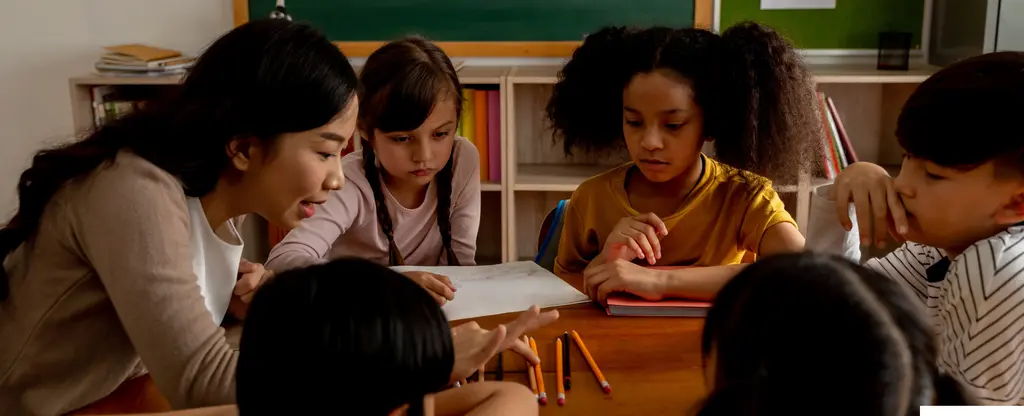Sensitive content
This site contains sensitive content that includes references to sexual violence.

I am a survivor, a child protection advocate, and a children’s book author from Kenya. I was only 5 years old when I was sexually abused. The trauma reflected in my behavior at school; my once bubbly self became shy and withdrawn. I hated people. As a result of the trauma, I struggled a lot in my academics during my junior years, and my educators thought I was just a weak student by default. None of them were aware of the signs of trauma that I exhibited.
Violence in any form – whether physical, emotional, or sexual – instills fear, erodes self-worth, and robs children of the confidence and concentration essential for learning. Having faced these realities, my healing journey led me to write “Pendos Power,” a children's book on body safety—a tool intended to help the youngest among us recognize their right to personal boundaries and speak up without fear.
I believe safety education is the most powerful safeguard we can offer to children. It can cultivate their awareness of their body autonomy in all their interactions with others. Children need the language and knowledge to understand their rights, including what safe, respectful treatment looks like and how to recognize unacceptable behaviors.
"When children know what is right and what is safe, they are empowered to speak up when something is wrong."
Schools should not only be places of learning, but sanctuaries of safety where every child feels empowered and protected. This is how we can make that happen:
1. We need ministries of education to prioritize and integrate body safety education into national early childhood development curriculums around the world.
2. We need to integrate trauma-informed prevention and response techniques into programs for educators and parents, equipping all stakeholders with the tools and resources to stand firm against abuse. Having trusted, well-trained adults within the school environment—teachers, counselors, and staff—who are approachable and responsive helps create a culture of trust and support.
3. Finally, schools must establish clear protocols for preventing and responding to violence. This includes zero-tolerance policies, anonymous reporting systems, and supportive services that address trauma if and when it occurs. Children need to know that there are mechanisms to help them if they ever feel unsafe and that their school is a place of safety, not fear.
When we have conversations dedicated to safe learning environments, we must remember that we have the power to change a child's life forever. We owe children our commitment to transforming schools into environments where every child is able to live safely.
